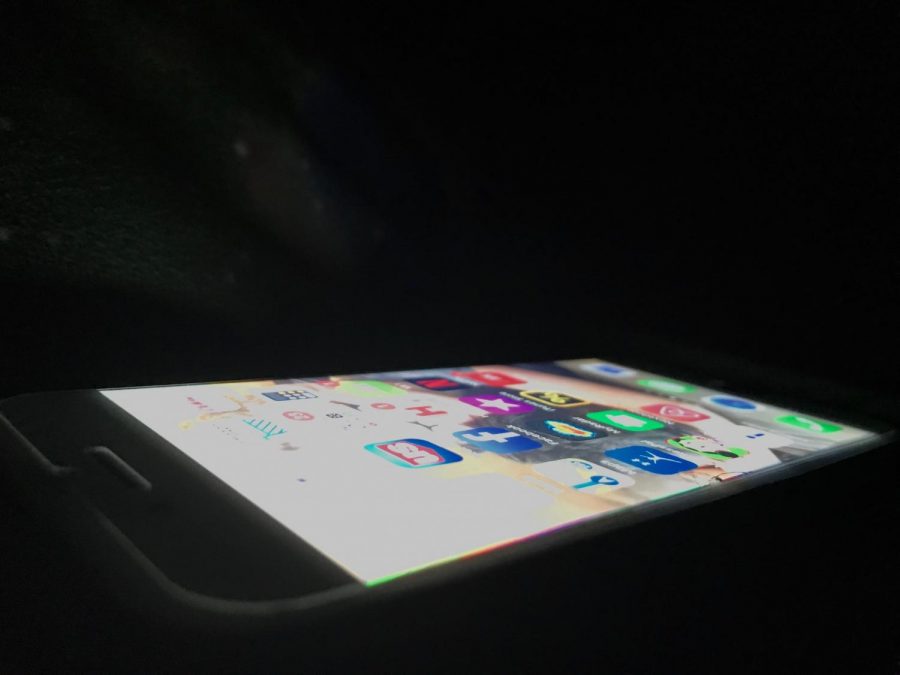How Does Technology Affect Your Sleep?
February 15, 2019
Have you ever stayed up so long on your phone that you don’t realize you have to be up in a few hours? Many people all over the world have the technology and spend their fair share of time on these devices each day but, have you ever wondered how these popular pieces of technology affect your sleep?
Most of the households across the world either have at least one phone, tv, or tablet (if not more). With the majority of the world’s population owning some sort of piece of technology, they usually don’t know the effects of what that technology does to them overall. A smartphone for example, specifically has something called a blue light. This light restrains the production of melatonin, a hormone that controls your sleep cycle. Since the light affects the production of this hormone, it is harder to fall asleep and stay asleep. That is why it is recommended that people stop using their technology at least thirty minutes before they decide to go to sleep. Turning off your technology and allowing your brain to relax, is sure way to allow you to have a proper night’s sleep.
Sleeping with your phone on your nightstand or having your tv across the room seems normal to most but, they may not know that this is why they are having trouble sleeping or having trouble with their overall well being in a day to day basis. Being on your phone just minutes before you go to sleep, can make your brain stay awake and alert instead of resting like it normally should. Reading a upsetting email, social media post or a text message can make it harder to relax and be able to fall into a deep sleep. Statistics show that 72% of children ages 6-17 sleep with at least one device in their bedrooms at night. “This can lead to limited sleep on school nights which can affect their well being the next day.” said by Sleep.org. This is important because technology is a fun and popular trend but, it should have its limits so that people are able to get a good night’s rest and not have it affect their mental health in general.

